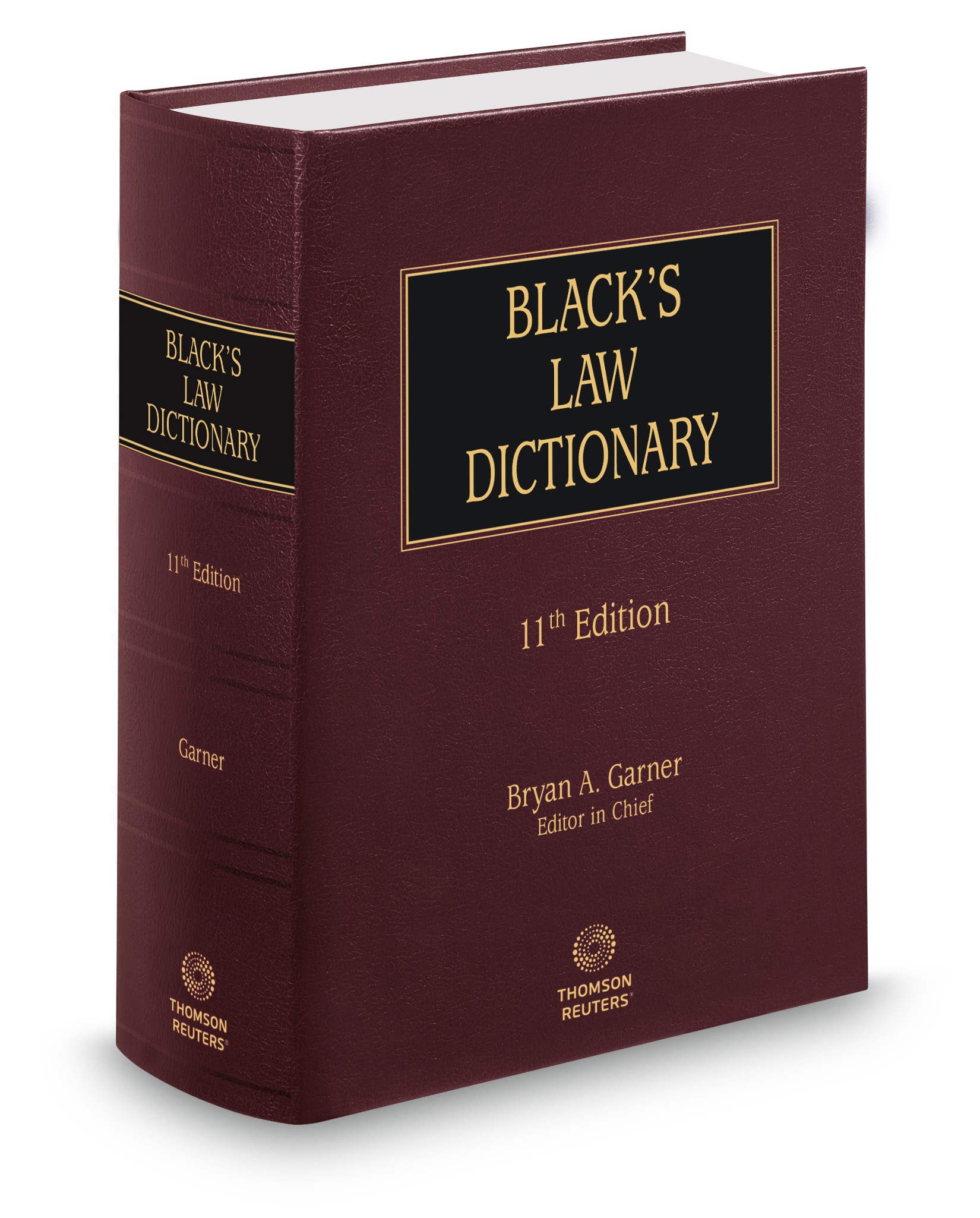Fiuciary Responsibility

A fiduciary relationship exists
between DFAS and any potential SBP (Survivor Benefit Plan)
beneficiary.
-
The SBP is a death benefit. The person who paid in is dead when a claim is made and the listed beneficiaries are typically disabled persons or widows.
The listed beneficiaries are in a very vulnerable and exploitable position at the time a claim is made. - DFAS has possession of the deceased veteran's money.
- DFAS, through their actions in protecting the privacy rights of the beneficiary, shows Fiduciary Responsibility. DFAS, in fact, goes to considerable lengths in this regard and that makes communication difficult. Sadly, this appears to be the only place where DFAS honors their Fiduciary Responsibility - in a way that benefits them.
- DFAS clearly has "domination" in this relationship (see Black's Law Dictionary definition below). When acting as an adversary (for instance when denying a claim), DFAS has an almost insurmountable information advantage. The beneficiary has no way of knowing how much (if anything) the veteran paid into the program. Upon denial of benefits, DFAS implies in subtle and not so subtle ways that the SBP is just a "welfare" program. It is not "just a welfare program". DFAS knows if there is only one beneficiary or if a formula is to be followed. Upon the death of the veteran, the listed beneficiaries have none of this information.
- SBP beneficiaries often have no idea of how much money they are entitled to.
- Beneficiaries may have no idea how much is at stake and therefore see no reason to fight an unjust denial.
-
Due to the "No Estoppel Against a Government" doctrine, listed SBP beneficiaries have virtually no legal rights.
This may be the most important information advantage for DFAS of all and clearly it influences their behavior.
Unless the veteran is a lawyer with specialized legal training they will have no idea that their listed beneficiary will have no right to sue if denied unjustly.
The Fiduciary responsibility of DFAS clearly extends to the following:
- Accurately communicating the rules (especially eligibility criteria) over the lifetime of the policy.
- Notifying veterans of important changes. Especially changes in eligibility criteria.
- Providing veterans with accurate information. Both on the phone and online.
- Accurately and fairly communicating common problems or errors.
-
Not engaging in discriminatory behavior.
Not discriminating on the basis of disability or marriage or sexual orientation.
No discrimination at all.
-
Properly informing every veteran who signs up for an SBP that the listed beneficiaries will have no legal recourse should the benefit
be denied.
Sadly, DFAS fails on all of these points.
Very few (if any) veterans would sign up for an SBP if they knew:
a) any listed beneficiary will have no legal rights.
b) any listed beneficiary should expect an adversarial relationship with DFAS should they make a claim.
Black's Law Dictionary, Sixth Edition, page 626.
Fiduciary or confidential relation
A very broad term embracing both technical fiduciary relations and those informal relations which exist wherever one person trusts in or relies upon another.
One founded on trust or confidence reposed by one person in the integrity and fidelity of another.
Such relationship arises whenever confidence is reposed on one side, and domination and influence result on the other;
The relation can be legal, social, domestic, or merely personal.
Heilman's Estate, Matter of, 37 Ill.App.3d 390, 345 N .E.2d 536, 540.
A relation subsisting between two persons in regard to a business, contract, or piece of property, or in regard to the general business or estate of one of them, of such a character that each must repose trust and confidence in the other and must exercise a corresponding degree of fairness and good faith.
Out of such a relation, the law raises the rule that neither party may exert influence or pressure upon the other, take selfish advantage of his trust, or deal with the subject-matter of the trust in such a way as to benefit himself or prejudice the other except in the exercise of the utmost good faith
and with the full knowledge and consent of that other, business shrewdness, hard bargaining, and astuteness to take advantage of the forgetfulness or negligence of another being totally prohibited as between persons standing in such a relation to each other. Examples of fiduciary relations are those
existing between attorney and client, guardian and ward, principal and agent, executor and heir, trust ee and cestui que trust, landlord and tenant, etc.